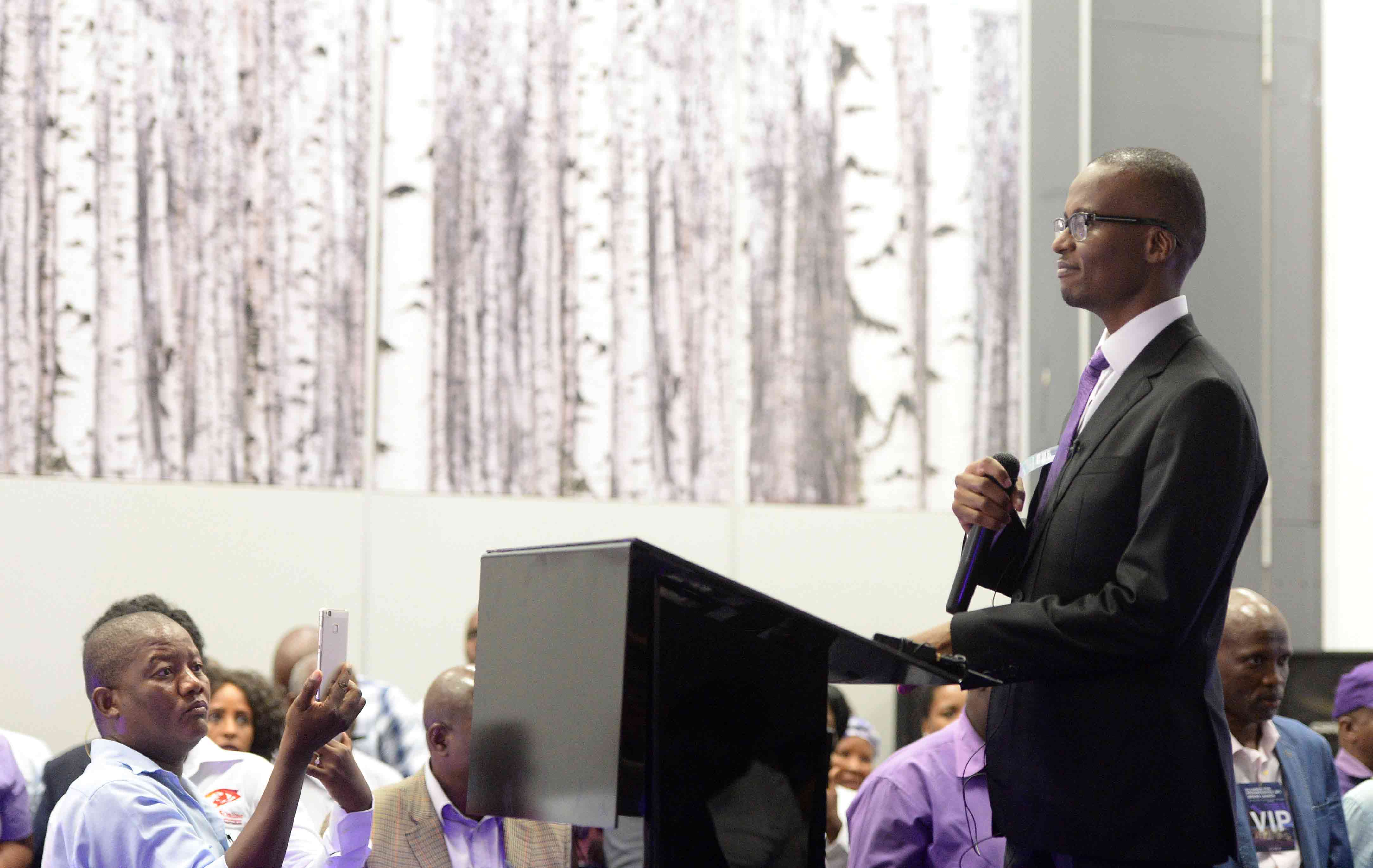SONNY SERITE
The Alliance for Progressives (AP) has described itself as a Party for progressive people who believe and are committed to bringing about real, identifiable positive change to the lives of Batswana, irrespective of their ethnicity, cultural beliefs or standing in society.
The party, formed in October 2017 after its leaders were pushed out from the Botswana Movement for Democracy, has stated in their latest policy document that their desire is to bring together, from all walks of life, like-minded men and women of integrity; people who can work together and collaborate, to bring about true democracy in Botswana, where all citizens are united, and are equal before the law.
In their recently released policy document, the AP calls for Constitutional reforms as they are of the view the Constitution of Botswana has a myriad of loopholes and weaknesses that need to be attended to in a holistic manner. ‘‘Ever since independence, 53 years ago, our constitution has never been holistically reviewed and expanded to reflect the changing dynamics of today’s society. It remains vague in certain instances, leaving gaps that render it open to abuse, especially by the Head of State and government of the day. As AP, we believe that the starting point for any new government, in its first 100 days in office, should be to start the process of reviewing the Constitution of Botswana,’’ they further outlined their envisaged changes to the constitution.
The AP believes the Mining sector is the most important contributor to Botswana’s economy but is however concerned that not enough is being done in the area of diamond beneficiation considering that mineral extraction has a limited lifespan.
‘’It is therefore absolutely crucial to use locally extracted minerals, in our case diamonds, soda ash and copper nickel to diversify Botswana’s economy and create employment for our citizens. The Alliance for Progressives intends to scrutinise the mining sector in Botswana,’’ the AP document reads and follows up with new suggestions.
When it comes to the Media, the AP noted that it views itself as a Party for the 21st century and believes in adhering to an open and democratic dispensation. The party indicated in their policy document that it believes in a free and open society based on international norms of freedom of expression.
The party also highlighted the importance of the independence of the media.
“Sadly, however, Botswana government continues to treat the private media as enemies of the people, and refuses to adhere to all these agreements, choosing to run what they call “government media” at the expense of the taxpayer. This government media’s mandate is to cover government activities and those of the ruling party, to the exclusion of all other political parties and stake holders.
The AP intends to reverse all this and instead do the following: 1). Amend all laws that were introduced without taking into consideration the views of the Media Practitioners and their organisations in Botswana. These include the BOCRA Act and the Media Practitioners Act. 2). Do away with the “government media” set up, and introduce a proper “Public Media” instead, whose news coverage will not be subjected to undue or subtle censorship by government. 3) Encourage investigative reporting, with a view to introducing transparency and kill the corruption that has become endemic over the years, jeopardising our country’s standing in the international community. 4). Work collaboratively with Media Unions in Botswana, clear up all impediments to free, pluralistic and diverse media with guaranteed editorial independence. 5) Introduce a three tier system of Public, Private and Community media, in line with international standards. 6) Enact laws to promote self-regulation of the media to ensure free and unfettered press.”
The 49-page policy document further discusses problems and offers solutions to issues such as education, land, health, gender, children, international relations, the media ,youth, sport and culture, environment, tourism, labour, national security, technology and innovation, alcohol, drug and substance abuse.

